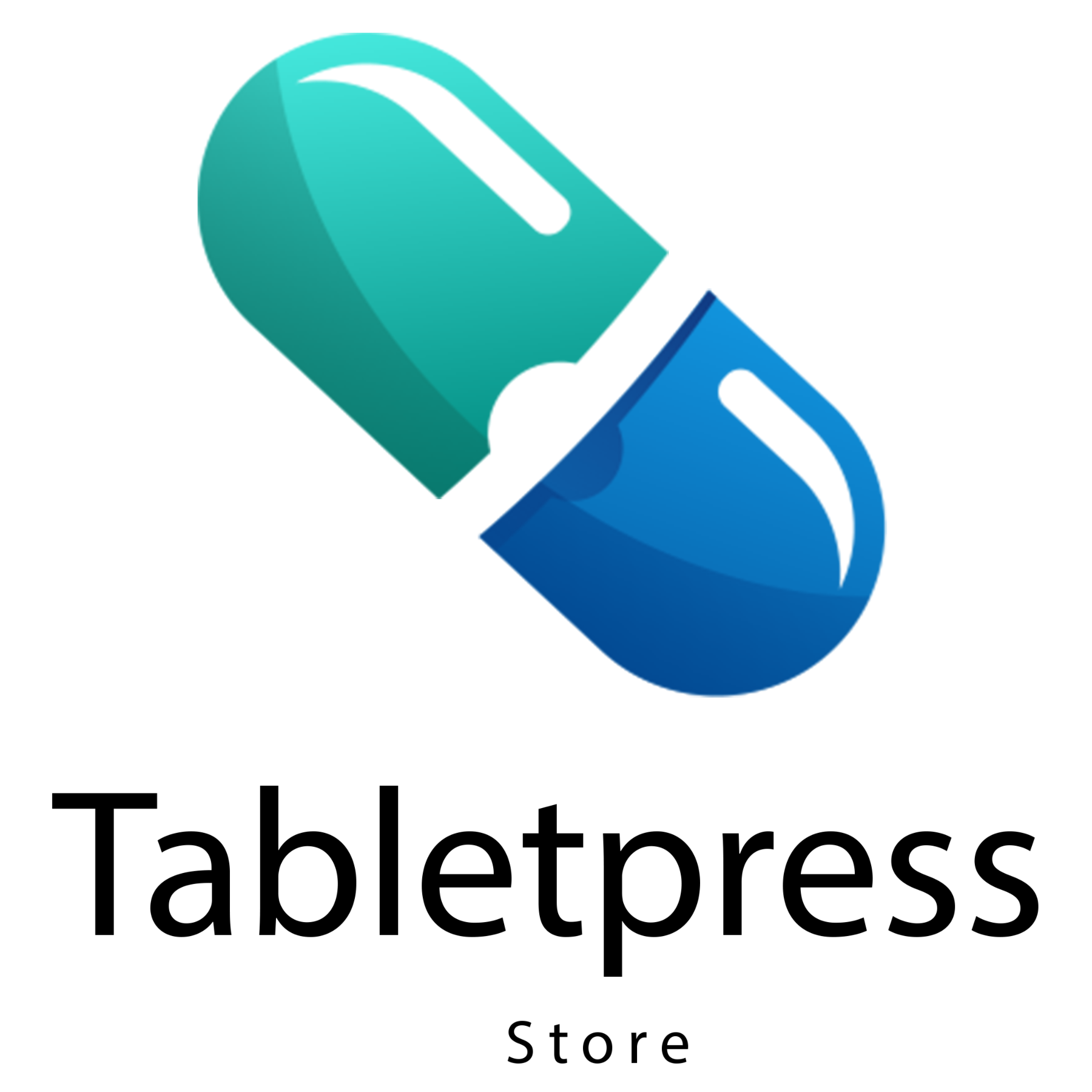Challenges and Solutions in Tablet Manufacturing: Ensuring Quality and Efficiency
Tablet manufacturing is one of the most critical processes in the pharmaceutical industry. Tablets are the most widely used dosage...
WYSYŁKA NA CAŁY ŚWIAT - Zamów teraz
In the realm of pharmaceuticals and food supplements, the journey from concept to production is a complex and multifaceted process. At the heart of this journey lies the tablet press, a critical piece of equipment that transforms raw materials into solid dosage forms ready for consumption. From the initial concept of a product to its final production, the tablet press plays a central role in ensuring efficiency, quality, and compliance with regulatory standards. In this article, we'll take you through the stages of this journey, highlighting the importance of the tablet press every step of the way.
Conclusion: The journey from concept to production is a collaborative effort involving scientists, engineers, regulatory experts, and manufacturing professionals. At every stage of this journey, the tablet press plays a central role in transforming ideas into reality, ensuring the efficient and reliable production of high-quality tablets for the pharmaceutical and food supplement industries. By leveraging advanced technology, expertise, and regulatory compliance, manufacturers can navigate this journey with confidence, bringing innovative products to market and improving the health and well-being of consumers worldwide.
Tablet manufacturing is one of the most critical processes in the pharmaceutical industry. Tablets are the most widely used dosage...
Tablet compression technology has evolved significantly over the years, driven by the need for more efficient, precise, and versatile solutions...
Tablet press machines, often referred to as tablet compression machines, are essential tools in the pharmaceutical industry. These machines are...
Tablet compression machines, also known as tablet presses, are the backbone of tablet manufacturing in the pharmaceutical industry. These machines...
